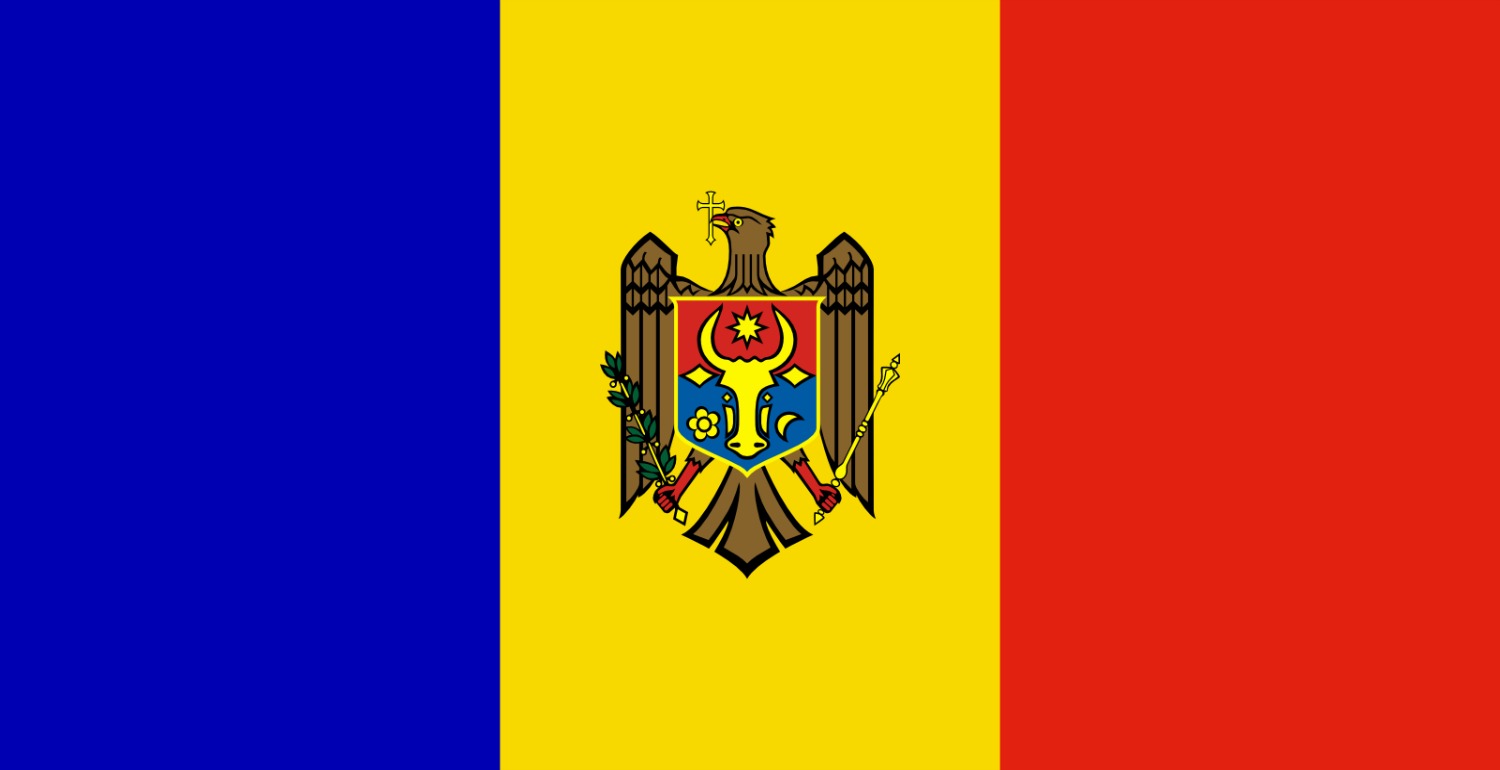This hearing, presided over by Co-Chairman Christopher H. Smith (NJ-04), focused on the Republic of Moldova, specifically its relationship to the Russian Federation. Moldova has been facing a secession movement in Transdniestria, a small territory on its border with Ukraine, since its independence from the Soviet Union in 1991. The Russian army reportedly helped the pro-Soviet leadership of the Transdniestria succession movement solidify its position during a bloody confrontation with Moldovan forces in the summer of 1992. Within the OSCE, the withdrawal of Russian forces from Moldova and the Transdniestria conflict have been concerns since 1993.
Witnesses testified that in the past three-and-a-half months, the Russians have been withdrawing troops and equipment, in line with their commitment made in Istanbul. While the Transdniestria authorities oppose this, the Russians seem to be on track to fully withdraw by 2002.






